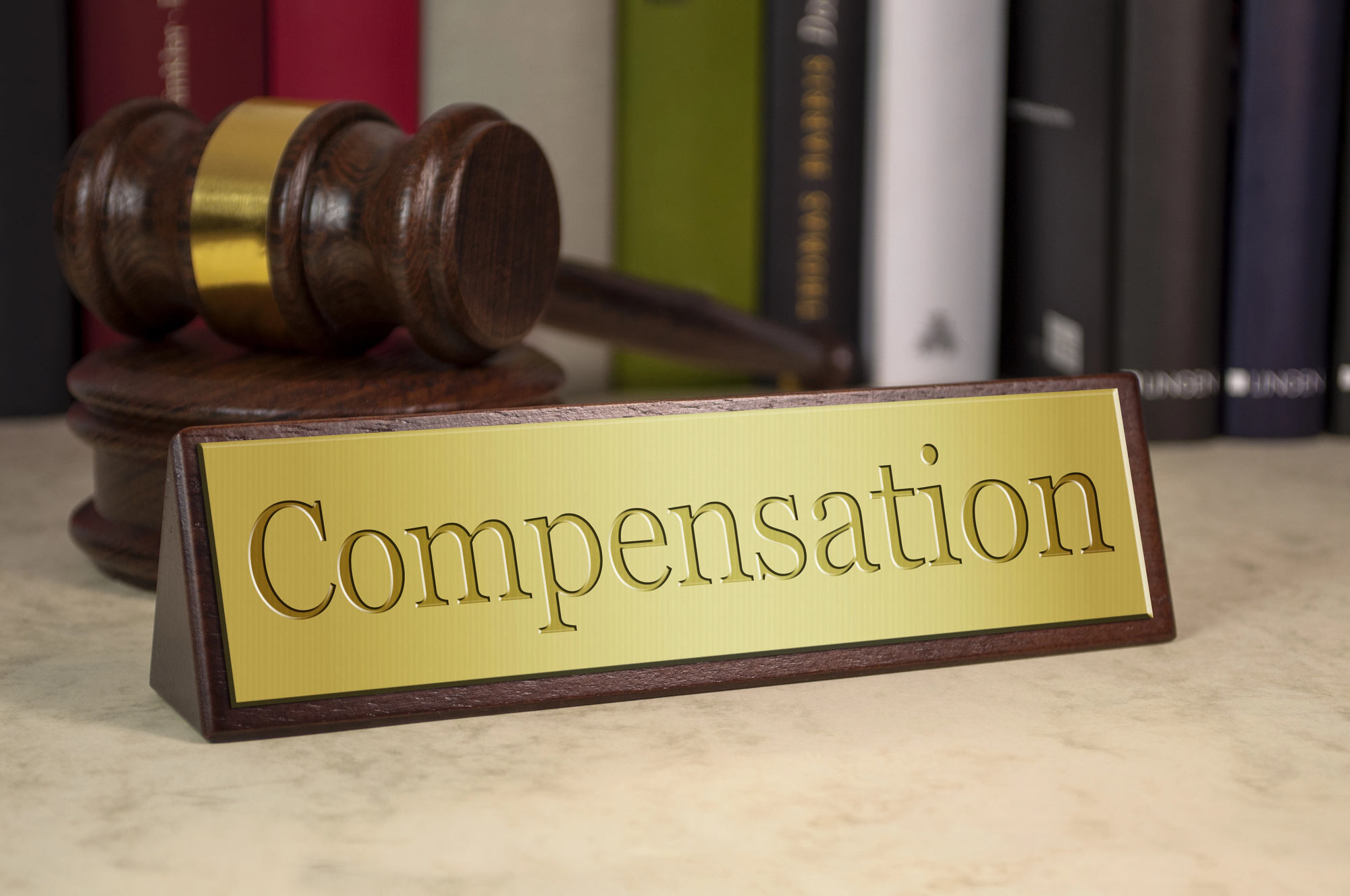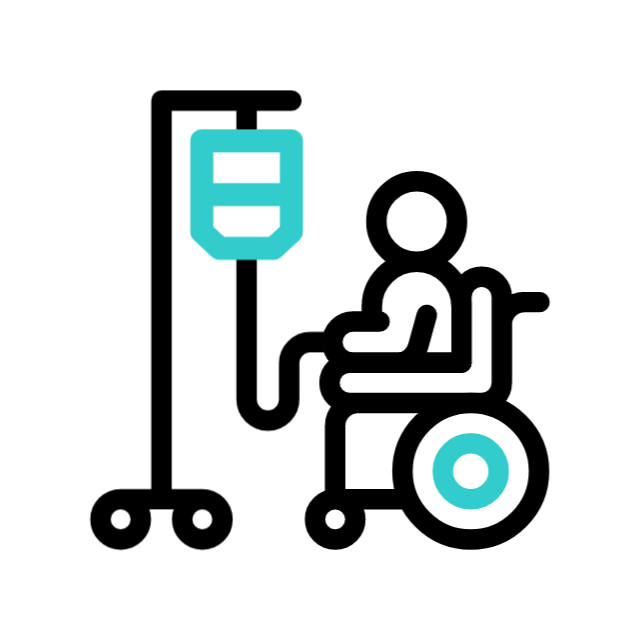Choosing The Right Business Structure For You Starting a business...
Read MoreWORKERS COMPENSATION BLOG

Workers Compensation Attorney
If you or a loved one suffered an on-the-job injury, you might have a right to compensation for your lost wages and medical expenses. In the United States, the majority of employers are required to provide workers’ compensation coverage for their employees, but workers’ compensation coverage doesn’t extend to all injuries. Workers’ comp only offers coverage for injuries associated with your job. If you think you may be entitled to compensation for a work-related injury, a workers’ comp lawyer can help you understand your legal options through a workers’ comp claim or lawsuit.
Workers’ compensation may not cover some specific injuries. While it covers most workplace injuries, some accidents are excluded from this coverage. This includes injuries that are intentionally self-inflicted and injuries that resulted from any action that violates the employer’s company policy, such as being under the influence of alcohol or illicit drugs. Workers’ compensation does not cover a self-inflicted injury.

Injuries That Occur at Work
To qualify for workers’ compensation benefits, your injury must happen on-the-job or be directly related to your work. For instance, an illness or disease might not happen at work but could still be related to your job.
Workers’ compensation benefits can cover things such as:

Medical treatments

Medical and surgical procedures

Hospitalization

Doctors’ visits

Prescriptions and medications

Disability expenses

Replacement of lost wages
Denial of a Workers Compensation Claim
Although a workers’ comp claim may seem reasonably straightforward. Indeed, workers’ compensation was developed to help people who were injured on-the-job or at their workplaces. This is an essential safety net that prevents injured employees and their families from struggling to pay their bills during the time that a worker is recovering from an injury. Unfortunately, legitimate claims are sometimes rejected. There are many reasons why a workers’ compensation claim might be denied, but all workers have a right to appeal should they feel the decision is incorrect. If you have had your claim denied, you have the right to appeal the decision. A workers’ comp attorney can help you with documenting your request and appealing unfavorable decisions.
You Should Get a Lawyer to Review Your Workers Compensation Case
If you think that perhaps your injury should be covered by workers’ compensation, you are encouraged to contact a workers’ compensation attorney. These legal professionals help their clients recover cash compensation from settlements and verdicts. They put their knowledge and experience to work for your claim and can help you obtain the maximum amount of payment you need and deserve.
RECENT ARTICLES
Why Medical Treatment Gaps Hurt Your Injury Claim
Why Medical Treatment Gaps Hurt Your Injury Clai Missing medical...
Read MoreBankruptcy And Rebuilding Financial Stability
Bankruptcy And Rebuilding Financial Stability Bankruptcy Filing for bankruptcy can...
Read MoreWhat To Do If A Recalled Product Injures You
What To Do If A Recalled Product Injures You Product...
Read MoreSWIPE LEFT Trademark Was Rejected
SWIPE LEFT Trademark Was Rejected When Tinder LLC tried to...
Read MoreThe Truth About Seat Belts
The Truth About Seat Belts You’d think the seat-belt debate...
Read More





